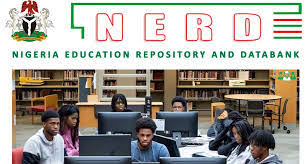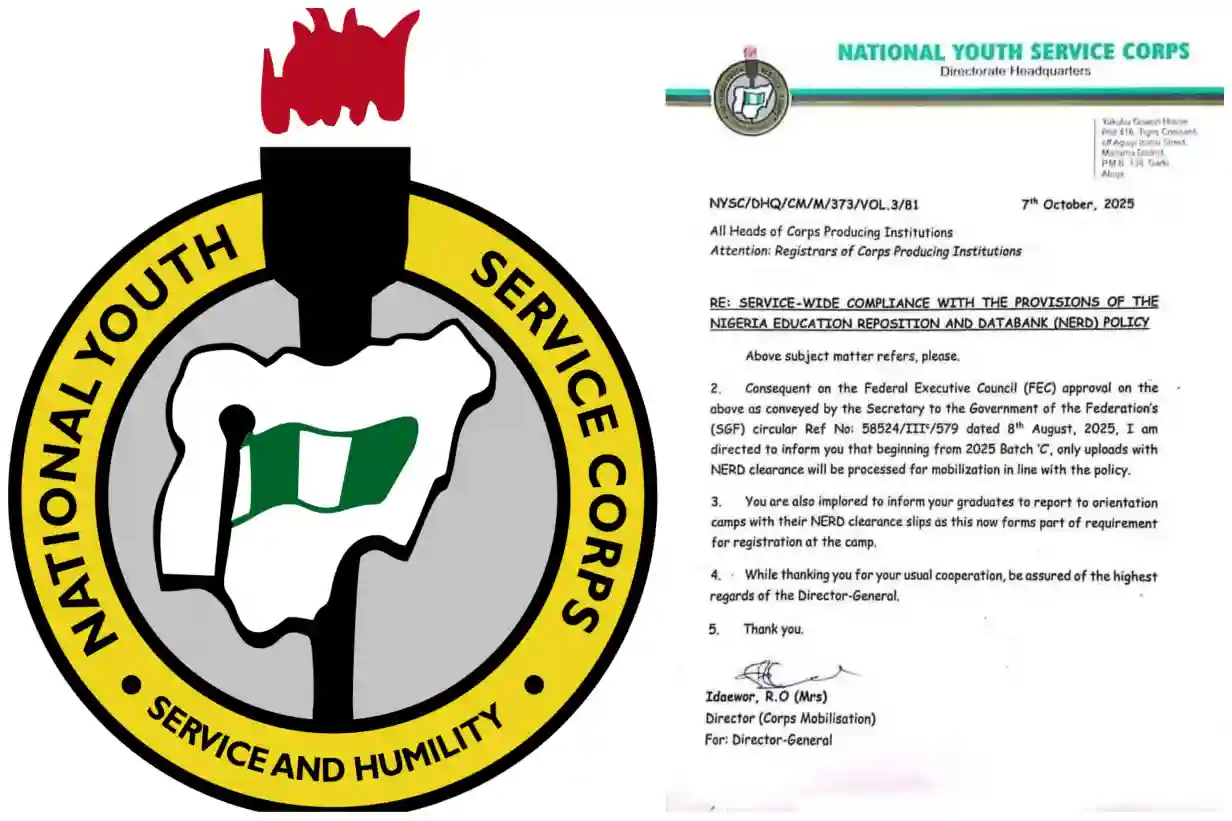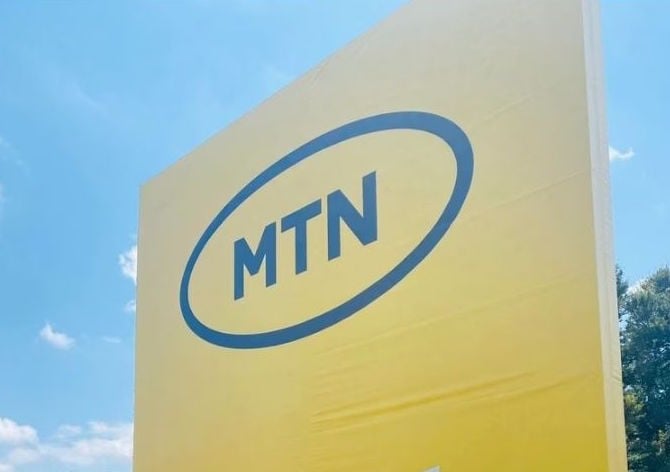The NERD Policy: Why the Government is tightening Academic Standards

The Federal Government’s announcement of the National Education Repository and Databank (NERD) as a requirement for mobilisation for or exemption from the NYSC has sparked widespread controversy among young graduates and undergraduates.
The NERD, which the government believes was created to curb academic fraud, certificate forgery, and the abuse of academic titles, is designed as a centralized digital platform where students are required to upload their academic outputs—such as theses, dissertations, and project reports—for verification and preservation.
THE NERD POLICY
Credible Sources give that since 2014, the Ministry of Education has collaborated with stakeholders such as the National Universities Commission (NUC), the Nigeria Data Protection Commission (NDPC), and private-sector experts to develop a robust and sustainable national policy for the NERD system.
The National Education Repository and Databank (NERD) is a centralized digital platform designed by the Federal Government to serve as a unified archive for all educational records in Nigeria.
The idea is that the federal government needed a way to comprehensively collect, store, and verify data from primary to tertiary levels, ensuring that every student's academic journey can be traced and authenticated at any time.
According to the Federal Ministry of Education, NERD is envisioned as the “national academic databank for Nigeria’s education sector.” The platform is composed of several components, including the Electronic System for the Management and Administration of Thesis (eSMAT), the Nigeria National Research Repository (2NR), and the National Credential Management and Verification System (NCMVS).
Together, these elements aim to create a secure and accessible repository for academic work, ensuring that all academic outputs are verifiable and easily accessible. In essence, we're looking at a digital ecosystem created to eliminate the ever recurring problem of fake certificates, missing academic data and discrepancies in student data documentation.
In essence, the NERD policy requires that before a graduate can be mobilized or exempted by the NYSC, he or she must have duly uploaded required info and be cleared by the platform. This means both institutions and students must be compliant before any official mobilization process can occur.
THE NERD POLICY NOW
Following the Federal Government’s enforcement of the NERD compliance policy on October 6, 2025, the National Education Repository and Databank Secretariat released a clarification to ease growing concerns among students and institutions.

The Secretariat acknowledged that a lot of anxiety had come from issuing this directive, particularly from final year students and those already waiting NYSC mobilization and due to this assured the public that transitional measures had been put into place to ensure fairness and smooth implementation.
According to the statement released, students mobiliizing under the 2025 NYSC Batch C would not be affected by the requirements of NERD policy. This according to the statement, was because their mobilization fell within the transition period.
However, the NERD assured that from January/February 2026, full compliance to the NERD policy will become compulsory for all graduates and institutions. This means that every graduate that seeks to be mobilized or exempted by the NYSC from that point onwards, must satisfy all required documentation outlined under the NERD framework.
The Secretariat stressed that the policy forms part of a broader national effort to strengthen education data management, verify graduate records, and align Nigeria’s academic system with global digital standards. It also reiterated its commitment to working closely with universities, polytechnics, and colleges of education to ensure that no student is unfairly disadvantaged during the transition.
CONTROVERSIES FROM PROSPECTIVE CORPS MEMBERS
Following the initial announcement, prospective corps members took to social media to flood it with various complaints and confusion, questioning the timing and readiness of the NERD system. Many expressed fears that the directive would delay their mobilisation, especially since some institutions had yet to complete uploads on the platform.
Lots of PCMs described it as “a waste of time and a tedious system that produces little to no tangible result.” They particularly criticise the NERD management for introducing the policy before perfecting its framework, citing challenges with registration and document uploads.
In response to this outcry, the compliance deadline was extended to allow more time for students and institutions to adapt. However, despite this extension, lots of graduates and undergraduates still have deep reservations about this policy and it's need. Many still describe the process as cumbersome, with reports of slow verification, portal glitches, and incomplete institutional data causing uncertainty.
While they appreciate the importance and innovation in the intent to preserve academic data such as academic theses, they still view the exercise as an unproductive process that adds to the post-graduation stress of young Nigerians.
Lecturers and academic staff, on the other hand, welcome this development and see it as a way of preserving the nation’s academic integrity through a unified verification system. This was also reinforced by students leaders in recent reports, when leaders like the Students’ Union Government (SUG) President of the Federal Polytechnic, Bida, Comrade Alex Emmanuel emphasized the importance of such innovation.
Comr. Emmanuel explained that the policy has a lot of potential, given the fact that it's a reform aimed at strengthening or upholding the integrity of the Nigerian Educational system. He believed that if implemented well, that is with all infrastructure, support and safeguards in place, the system could become more of an opportunity than a hurdle. But, in his words "the devil is it's execution" and this is what young Nigerian graduates are worried about.

THE FUTURE OF NERD: BALANCING VISION AND IMPLEMENTATION
The Introduction of the National Education Repository and Databank (NERD) marks a critical shift toward digital governance in Nigeria’s education sector. At its core, NERD represents the federal government's vision of a transparent, data driven system that safeguards academic integrity, prevents future cases of forged certificates and creates a unified educational archive accessible to institutions nationwide.
However, the true test of this initiative lies not only in its intent, but also execution. While academic staffs welcome this policy as a tool for preserving the country's academic integrity, many PCMs view it as extra stress that has no guaranteed return. Challenges such as uploading documents, navigating the platform, and ensuring practical relevance of academic projects remain points of concern.
Ultimately, the future of NERD will depend on how efficiently this gaps are bridged. If the NERD policy is implemented successfully, the databank could become what it was envisioned to be — a trusted, nationwide repository for educational data. But if implemented before necessary infrastructure and user support are in place, it risks being another well intentioned reform burdened by bureaucracy and public distrust
You may also like...
When Sacred Calendars Align: What a Rare Religious Overlap Can Teach Us

As Lent, Ramadan, and the Lunar calendar converge in February 2026, this short piece explores religious tolerance, commu...
Arsenal Under Fire: Arteta Defiantly Rejects 'Bottlers' Label Amid Title Race Nerves!

Mikel Arteta vehemently denies accusations of Arsenal being "bottlers" following a stumble against Wolves, which handed ...
Sensational Transfer Buzz: Casemiro Linked with Messi or Ronaldo Reunion Post-Man Utd Exit!

The latest transfer window sees major shifts as Manchester United's Casemiro draws interest from Inter Miami and Al Nass...
WBD Deal Heats Up: Netflix Co-CEO Fights for Takeover Amid DOJ Approval Claims!

Netflix co-CEO Ted Sarandos is vigorously advocating for the company's $83 billion acquisition of Warner Bros. Discovery...
KPop Demon Hunters' Stars and Songwriters Celebrate Lunar New Year Success!

Brooks Brothers and Gold House celebrated Lunar New Year with a celebrity-filled dinner in Beverly Hills, featuring rema...
Life-Saving Breakthrough: New US-Backed HIV Injection to Reach Thousands in Zimbabwe

The United States is backing a new twice-yearly HIV prevention injection, lenacapavir (LEN), for 271,000 people in Zimba...
OpenAI's Moral Crossroads: Nearly Tipped Off Police About School Shooter Threat Months Ago
ChatGPT-maker OpenAI disclosed it had identified Jesse Van Rootselaar's account for violent activities last year, prior ...
MTN Nigeria's Market Soars: Stock Hits Record High Post $6.2B Deal

MTN Nigeria's shares surged to a record high following MTN Group's $6.2 billion acquisition of IHS Towers. This strategi...






